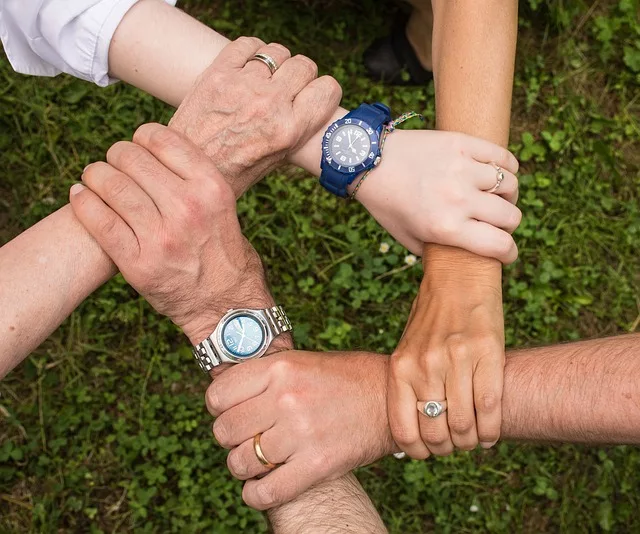The next time you head out for a leisurely walk, a run or maybe a quick dip in the pool, tell the nearest person you’ll be back after engaging your endogenous opioid inhibitory neuropeptides. Once their eyes glass over with confusion, you can explain that you’re going to exercise to generate some endorphins and relieve some stress.

Generally, most of the population sees regular exercise as a means to lose weight. But in fact, science has shown that maintaining even a moderate exercise regimen can reduce stress, fight the effects of depression, and create mental well being.
For anyone recovering from alcohol or drug addiction, endorphins released from regular exercise should become an essential part of your new lifestyle.
What are the Benefits of Endorphins Released Through Exercise?
Physical activity and exercise releases endorphins, which are created in the central nervous system and the pituitary gland. They then interact with the opioid receptors in the brain. These are some of our pleasure and pain centers.
A steady of flow of endorphins triggers a positive feeling in the body, and can act like analgesics, which means they lessen the perception of pain. Here are some of the other endorphin driven benefits of exercise:

- Improved Sleep
- Decreased feelings of Depression and Anxiety
- Increased Self-esteem
- Stress reduction
- Rise in overall energy
- Lowered blood pressure
Another unique payoff of exercise is the phrase “meditation in motion.” The simple act of keeping up a certain amount of physical exertion requires focus. This meditative concentration on moving correctly and safely can take us out of our heads, and put us back in our bodies.
This is exactly what “mindful meditation” techniques encourage people to do.
Releasing fear, anxiety and regret is important for everyone, but most especially for those in addiction recovery. Shedding negative thought patterns can go a long way towards not only staying sober, but living with a brighter, more energetic perspective.
One of the bigger challenges is fighting the belief that we don’t have time to exercise. Keep in mind that the majority of us are not professional athletes and do not have to train continuously everyday to get the rewards.
Studies have shown that even mild physical activity in shorter bursts can elicit positive rewards.
Consider a brisk ten-minute walk both before and after work. This can generate endorphins in the body and act as healthy bookends for the day. Exercise isn’t necessarily just pushing some weights around in the gym either.
Activities to Get the “Feel Good” Juices Flowing:
- Dancing
- Yard work, like mowing or gardening or tree trimming
- Biking
- Hiking nature trails
- Walking or jogging
- Swimming
- Recreational sports like tennis, racquetball, softball or even Frisbee
- Make it social and get an exercise partner
Finding an activity that’s enjoyable will make it feel less like a chore. Remember to start slow and listen to your body. Never push through pain or take unnecessary risks that might cause injury.
Be realistic in terms of your goals and physical health. Adding a regular exercise regimen to addiction recovery will generate endorphins and lead to a better state of mind.
Related:
What Role Does Dopamine Play in Addiction?
Cavemen in Recovery: The Benefits of a Paleo Diet For Recovering Addicts
What Are SMART Goals for Recovery?





